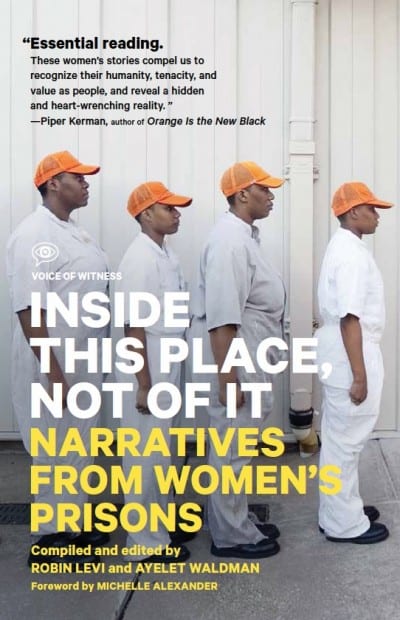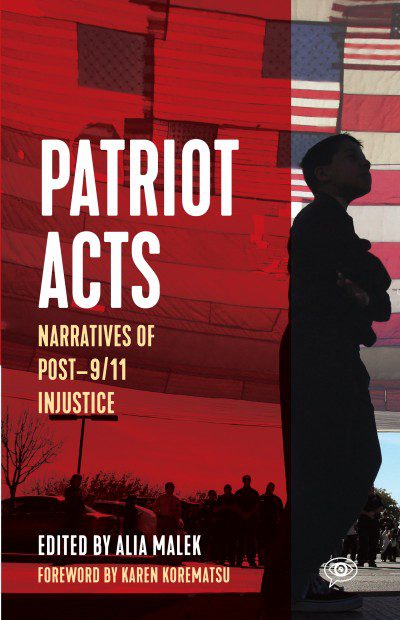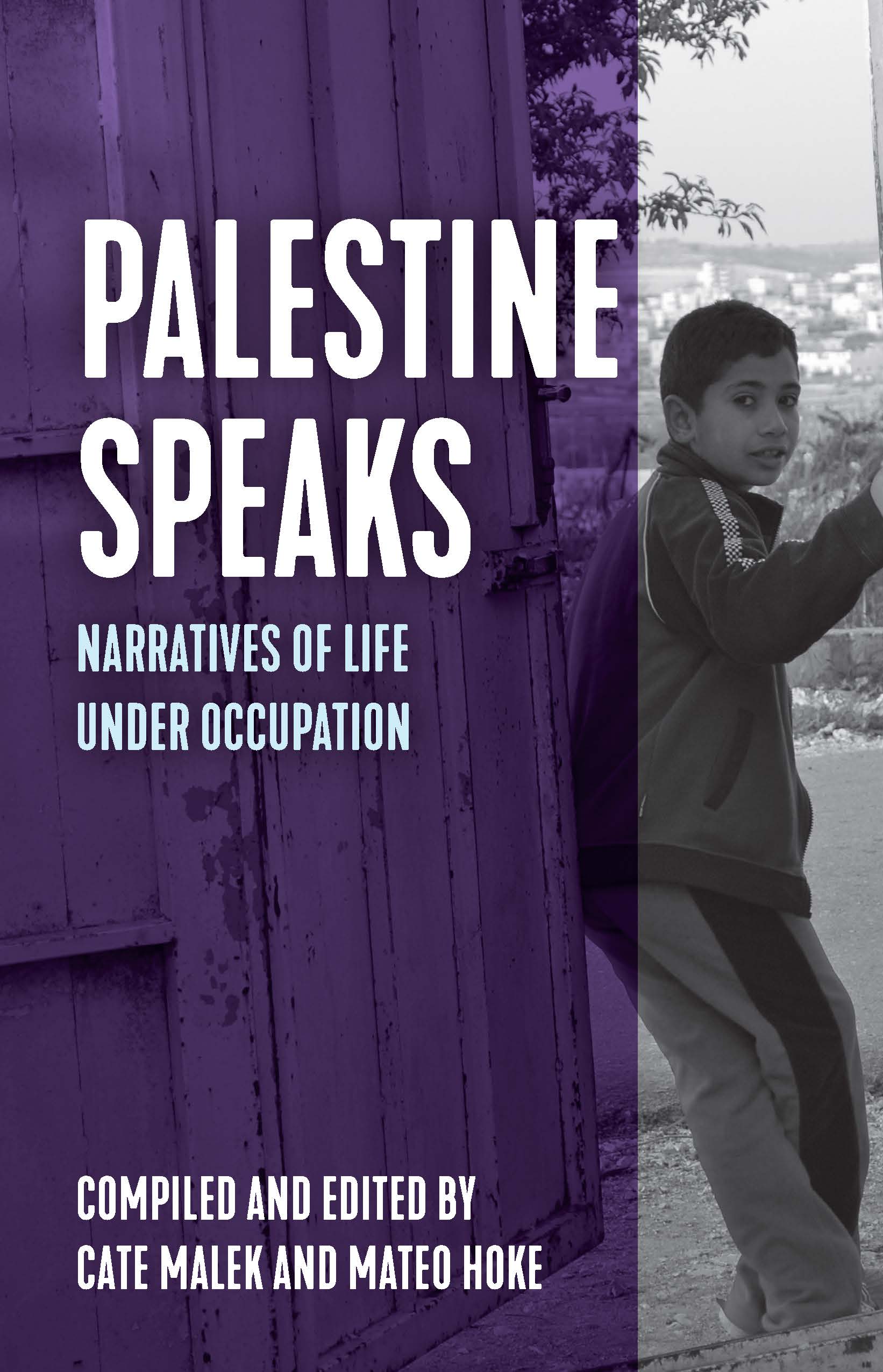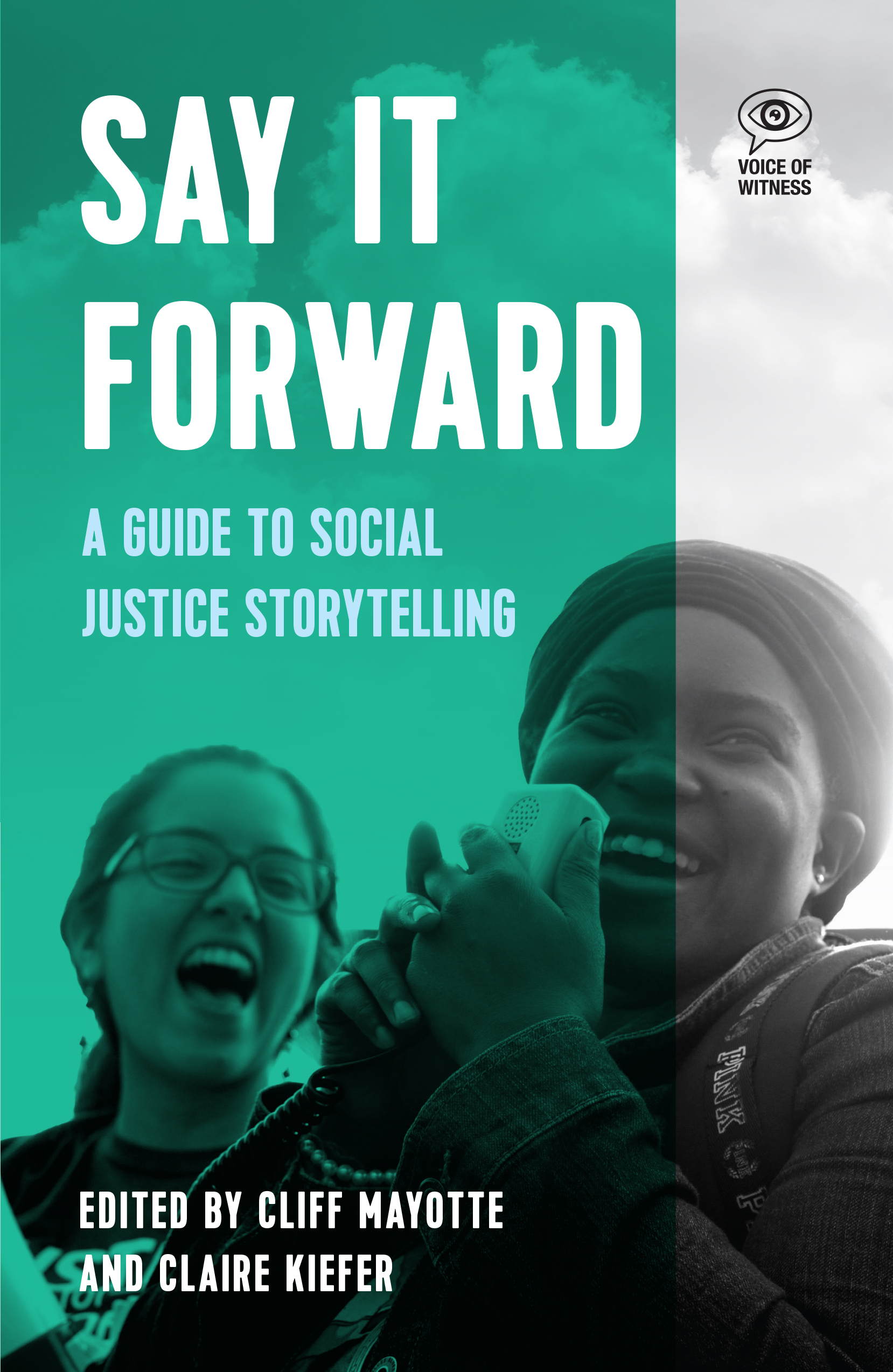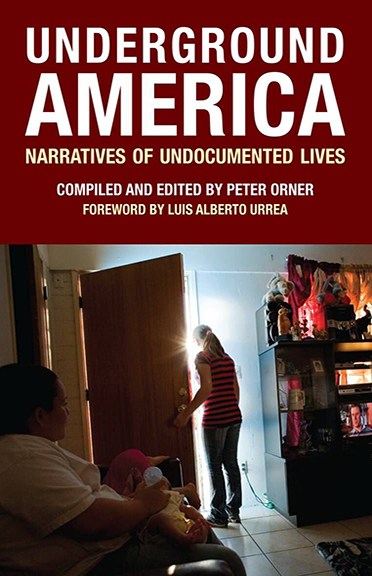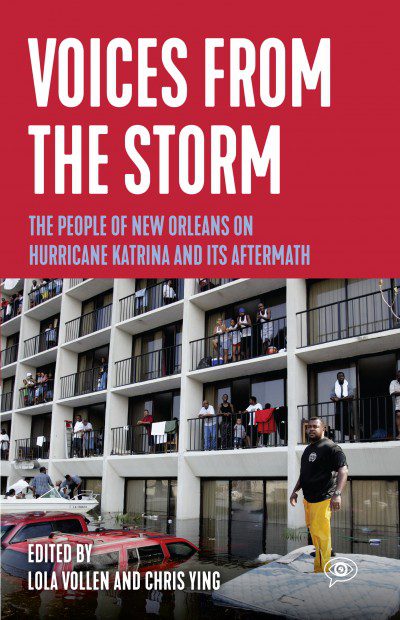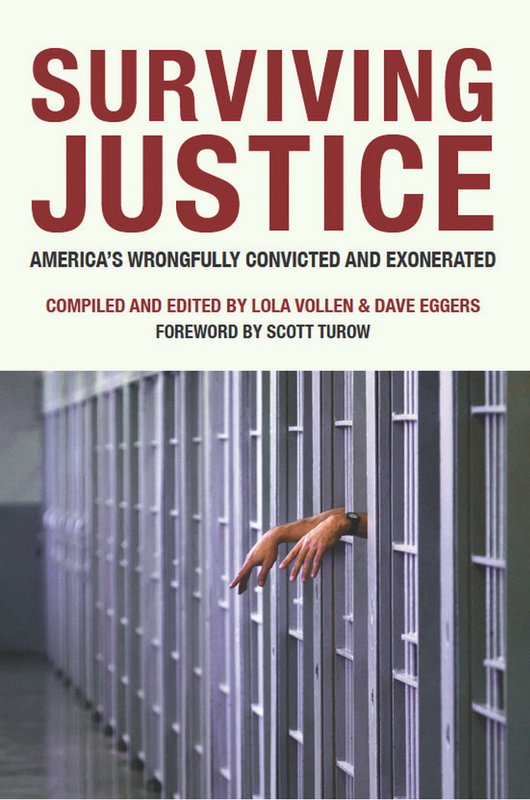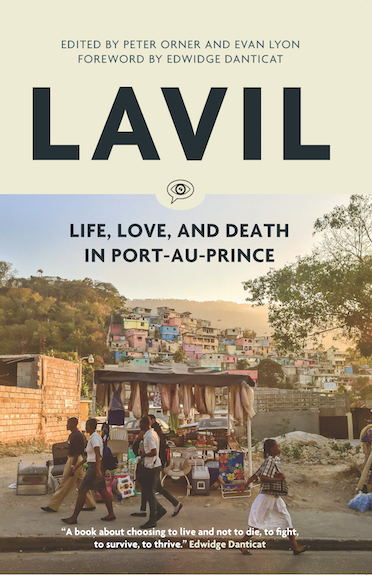Grades 9-12
Inside This Place, Not of It: Narratives from Women’s Prisons Curriculum
These accompanying lesson plans allow students to examine intersectionality and gender bias as well as reproductive rights within the context of the U.S. criminal justice system.
Patriot Acts: Narratives of Post-9/11 Injustice Curriculum
These accompanying lesson plans bring home these realities in a personal and relatable way, allowing students to grapple with the human costs that lie at the heart of this pertinent contemporary issue.
Advocacy • Criminal Justice • Cultural and Personal Identity • Political Oppression & Civil Rights • Racial Justice
Palestine Speaks: Narratives of Life Under Occupation Curriculum
This accompanying curriculum creates a flexible unit of study that allows students and teachers an opportunity to critically and creatively explore the day-to-day realities of Palestinians living under occupation, including the oft-ignored violations of human rights that occur daily.
Advocacy • Cultural and Personal Identity • Economic Justice • Migration & Displacement • Political Oppression & Civil Rights
Say It Forward: A Guide to Social Justice Storytelling
Say It Forward is a DIY oral history guide that outlines best practices for social justice storytelling and community-based projects.
Underground America: Narratives of Undocumented Lives Curriculum
The lesson plans help students explore aspects of the “American Dream,” myths and facts about immigration, and encourage students to develop their own responses to this human rights issue.
Cultural and Personal Identity • Economic Justice • Environmental Justice • Migration & Displacement • Political Oppression & Civil Rights
Voices from the Storm: The People of New Orleans on Hurricane Katrina and Its Aftermath Curriculum
The lessons provide an opportunity to examine this disaster through the lens of race and class in contemporary American society.
Surviving Justice: America’s Wrongfully Convicted and Exonerated Curriculum
The lesson plans for Surviving Justice explore the flawed and complicated nature of the U.S. criminal justice system through the first-person stories of wrongfully convicted and exonerated individuals.
Lavil: Life, Love, and Death in Port-Au-Prince Curriculum
Using the powerful oral histories, these multidisciplinary lessons invite students to grapple with such topics as colonialism, poverty, government corruption, and the 2010 earthquake.

